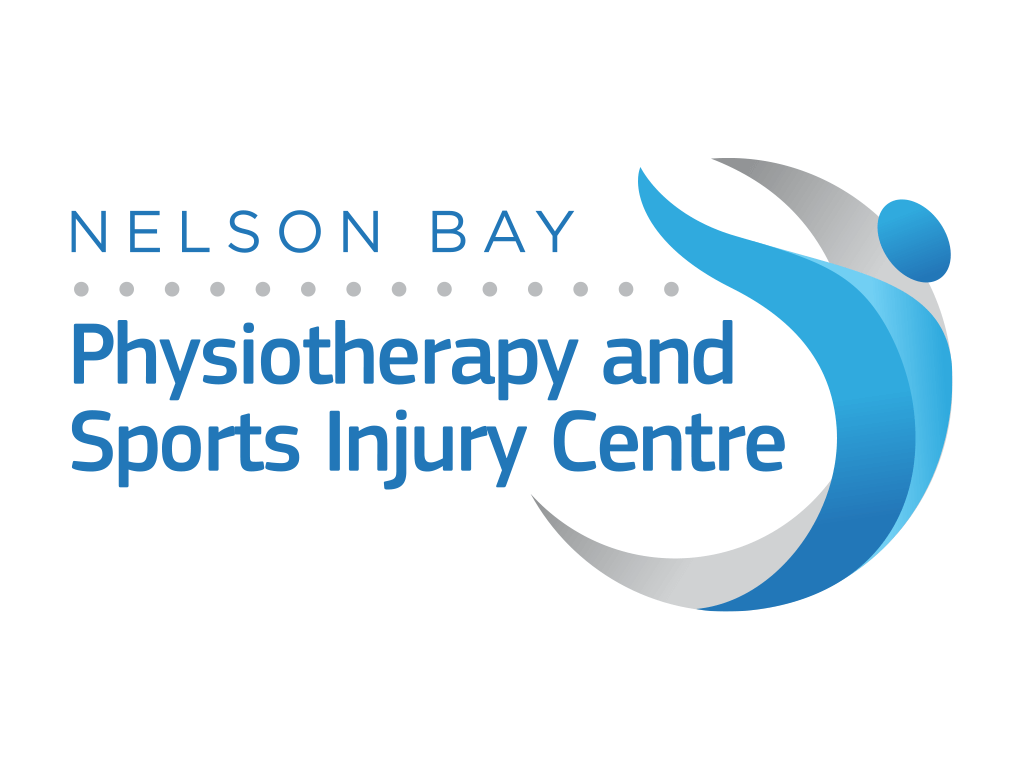Keeping your New Year’s resolutions on track
February 20, 2016

It’s January and just the beginning – February will come quickly and we will be right in the middle of the “danger zone” where most of us will start wavering on our New Year’s resolutions, according to Australian Physiotherapy Association (APA) Sports Physiotherapist, Aidan Rich.
“Losing weight or getting fit are popular New Year’s resolutions – not surprising given that fourteen million Australians are overweight or obese and that obesity is now the leading cause of premature death and illness in Australia,” Mr Rich said.
“If you are starting to lack motivation to eat healthier and move more, research shows that the best way to stay committed is to start off small and to be kind to yourself.”
Mr Rich said that the following eight tips will help people stay on track.
- Make ‘SMART’ goals – Specific, Measurable, Achievable, Relevant and with a Time Frame.
- Put your goal in writing – This helps to give you a visual reminder of what you are working towards. You may choose to keep this to yourself, or put it in an open space (such as on the fridge) to help keep it at the front of your mind.
- Plan a gradual increase – The body is great at adapting to new stimuli – it just needs time! Look to gradually increase time, and intensity of activity.
- Build change into your existing lifestyle – find what works best for you and your lifestyle and then build your new actions or behaviour into an existing habit.
- Have short, medium and long term goals. Research shows that goals are more likely to be achieved if they are within an 8-10 week timeframe or less. If you have a long term goal, have interim targets along the way.
- Recruit a friend to help you achieve mutual goals. Arranging to meet a friend for an early morning walk, run, boot camp or swim is much easier that going it alone
- Get a screening performed by a physiotherapist. Have you been limited with niggling hip, knee or ankle pain when you’ve tried to exercise previously? A physiotherapist can help identify why these niggles occur, and give you strategies to avoid them being problematic in the future.
An APA Physiotherapist can help design exercise programs suited to your lifestyle and fitness level, while also helping you to stay on track. Visit www.physiotherapy.asn.au
Read previous content on this topic from our news archives
